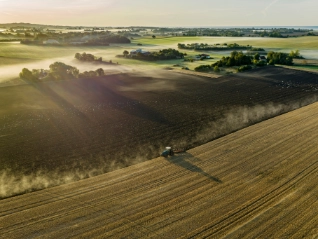Atradius Atrium
Získajte priamy prístup k informáciám o poistnej zmluve, nástrojom na podávanie žiadostí o úverový limit a prehľadu.
 Slovensko
Slovensko










Zobraziť viac
Zobraziť 7 z 66







Zobraziť viac
Zobraziť 7 z 23
Získajte prehľad o našom poistení podnikateľov a všeobecnom poistení.
Ďalšie videá o spoločnosti Atradius nájdete na našom kanáli YouTube.
Kontakt pre média